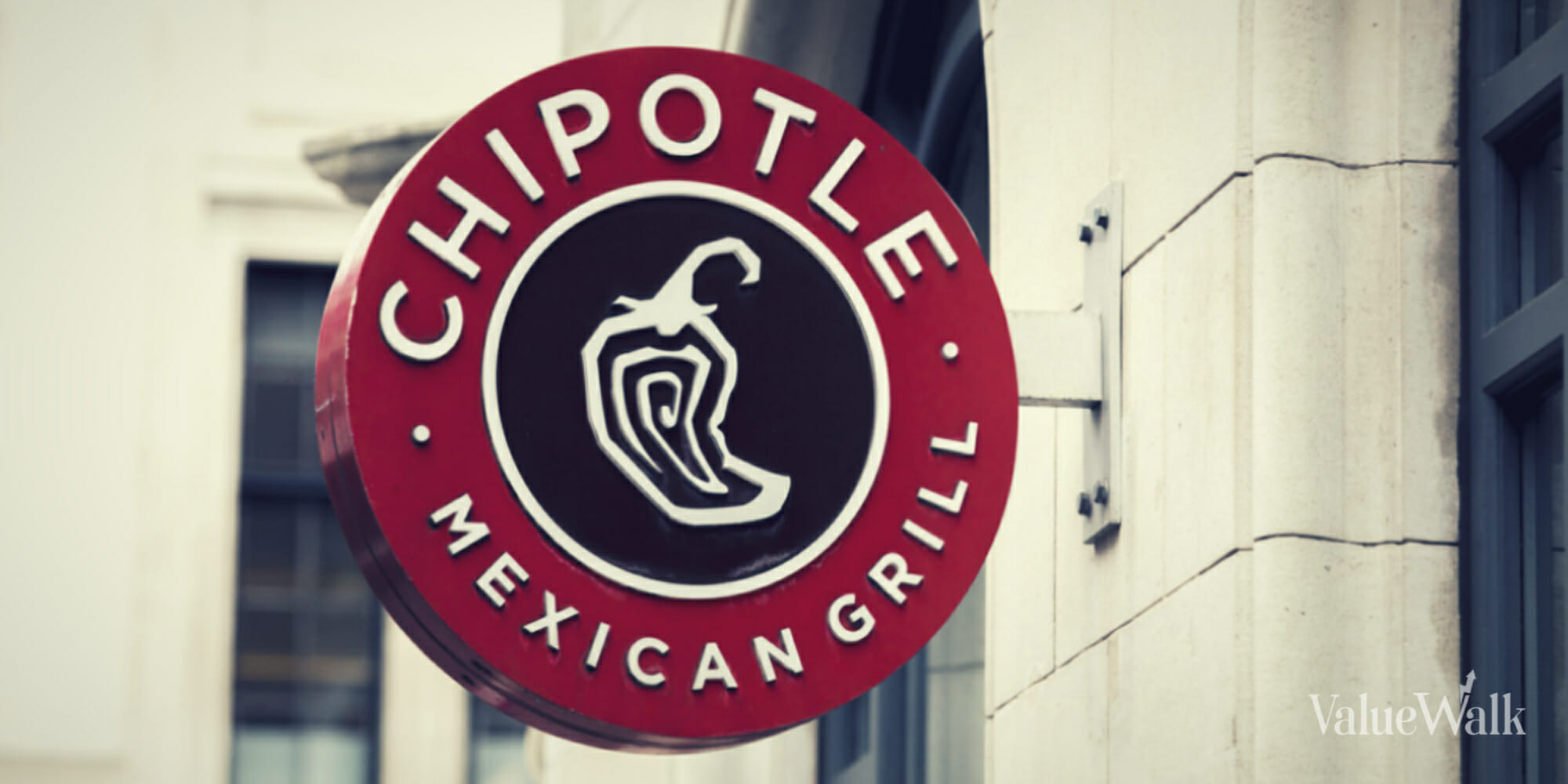Tesla Motors and pretty much all U.S.-based companies are still facing significant headwinds from the weakening of the euro and other foreign currencies. As a result, analysts are slashing their estimates for many of these companies, including Tesla.
However, there is a silver lining to the cloud hanging over Tesla Motors Inc (NASDAQ:TSLA), and that’s battery costs, which could go lower than currently expected.
Tesla estimates adjusted
In a report dated March 12, Deutsche Bank analyst Rod Lache and associates Mike Levin and Patrick Nolan said they’ve cut their 2015 estimate from 52 cents to 11 cents per share. They also slashed their 2016 estimate from $2 to $1.75 per share.
The estimates are the result of a 9% decline in the value of the euro, which has all come since the beginning of this year. They also factored in an expected 3.5% price increase for Europe in the second quarter.
Long term Tesla estimates intact
The analysts are not changing their estimate for 2020 because they think there’s plenty of cushion in their cost structure and assumptions for average transactions. They think these areas will more than offset the negative impacts from foreign exchange rates.
The Deutsche Bank team reiterated their Buy rating and $245 per share price target on Tesla Motors Inc (NASDAQ:TSLA) based on their 2020 earnings per share estimate of $20, discounted back four years at 13%. Their target price is still a far cry from the $1,900 estimated by Morgan Stanley analyst Adam Jonas.
Tesla could surprise in battery costs
The main reason the analysts remain so bullish on Tesla Motors Inc (NASDAQ:TSLA) has to do with the automaker’s battery costs. They’re assuming that the battery cost falls to $150 per kilowatt hour, compared to about $225 per kilowatt hour in 2014.
However, they add that some of their “more bullish industry contacts,” which includes Tesla Motors Inc (NASDAQ:TSLA), say battery costs could close in on $100 per kilowatt hour by 2020. If looking at average battery content at 58 kilowatt hours per unit and 500,000 units, moving the battery cost to $140 per kilowatt hour would increase Tesla’s gross profit by $290 million and earnings per share by $1.33.
That would be enough to offset a big move in the euro compared to the U.S. dollar.
As of this writing, shares of Tesla Motors Inc (NASDAQ:TSLA) were down 1.08% to $189.01 per share.





